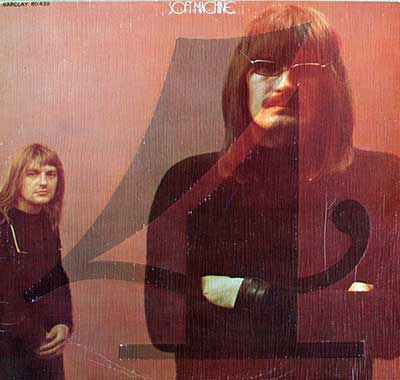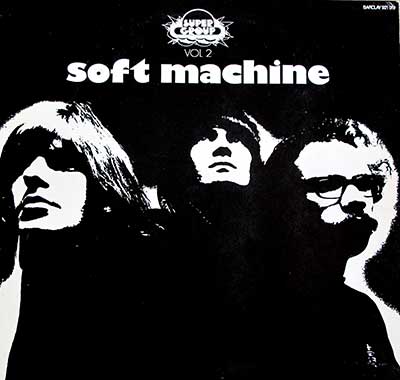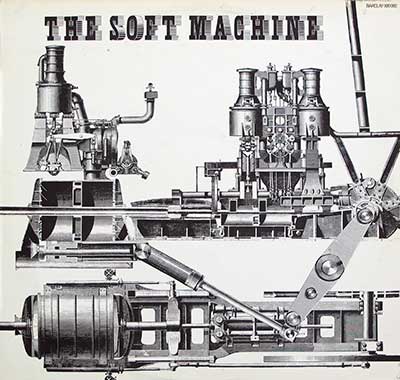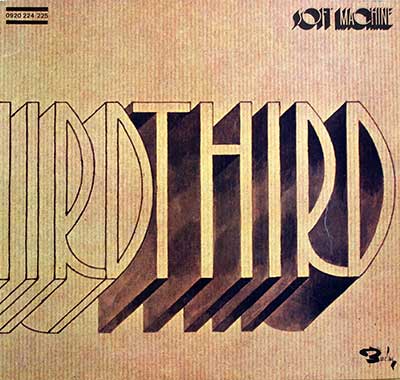SOFT MACHINE - Soft Machine Fourth

Barclay XBLY 080 439 U , 1971 , France
Fourth is the 1971 studio album by the Canterbury band "Soft Machine". The album is also titled Four or 4 in the USA; the numeral "4" is the title as shown on the cover in all countries, but a written-out title appears on the spine and label.
Soft Machine Fourth 12" Vinyl LPSOFT MACHINE - Super Group Vol 2 Rivmic Melodies

Barclay 0921019 , 1969 , France
"Volume Two" is the LP by The Soft Machine, first released in 1969. A jazz influence is introduced to the humour, dadaism, and psychedelia of The Soft Machine (1968). The album was inspired by Frank Zappa's Absolutely Free ,
Super Group Vol 2 Rivmic Melodies 12" Vinyl LPSOFT MACHINE - Self-Titled

Barclay 0920 082 / Super-Panache T / License Yameta
"The Soft Machine" is the debut album by the British psychedelic rock band "Soft Machine", one of the central bands in the Canterbury scene.
Self-Titled Barclay France 12" Vinyl LPSOFT MACHINE - Third

Barclay 920 224 , 1970 , France
Third is the 1970 double LP by "Soft Machine", with each side of the original vinyl consisting of a single long composition. Its music explores the emerging jazz fusion of the type present on Miles Davis' Bitches Brew, which was released just a few months earlier.
Third 12" Vinyl 2LP